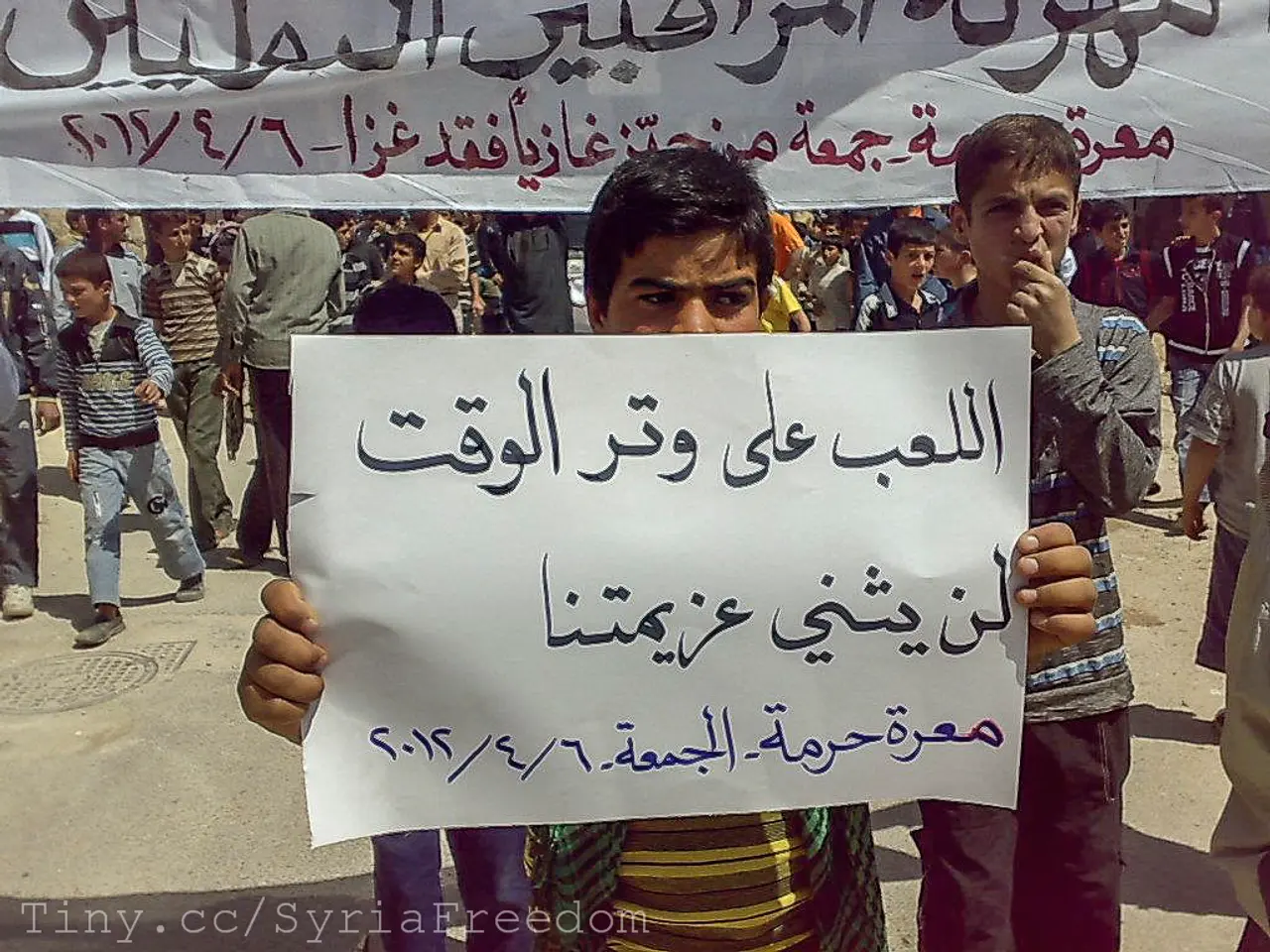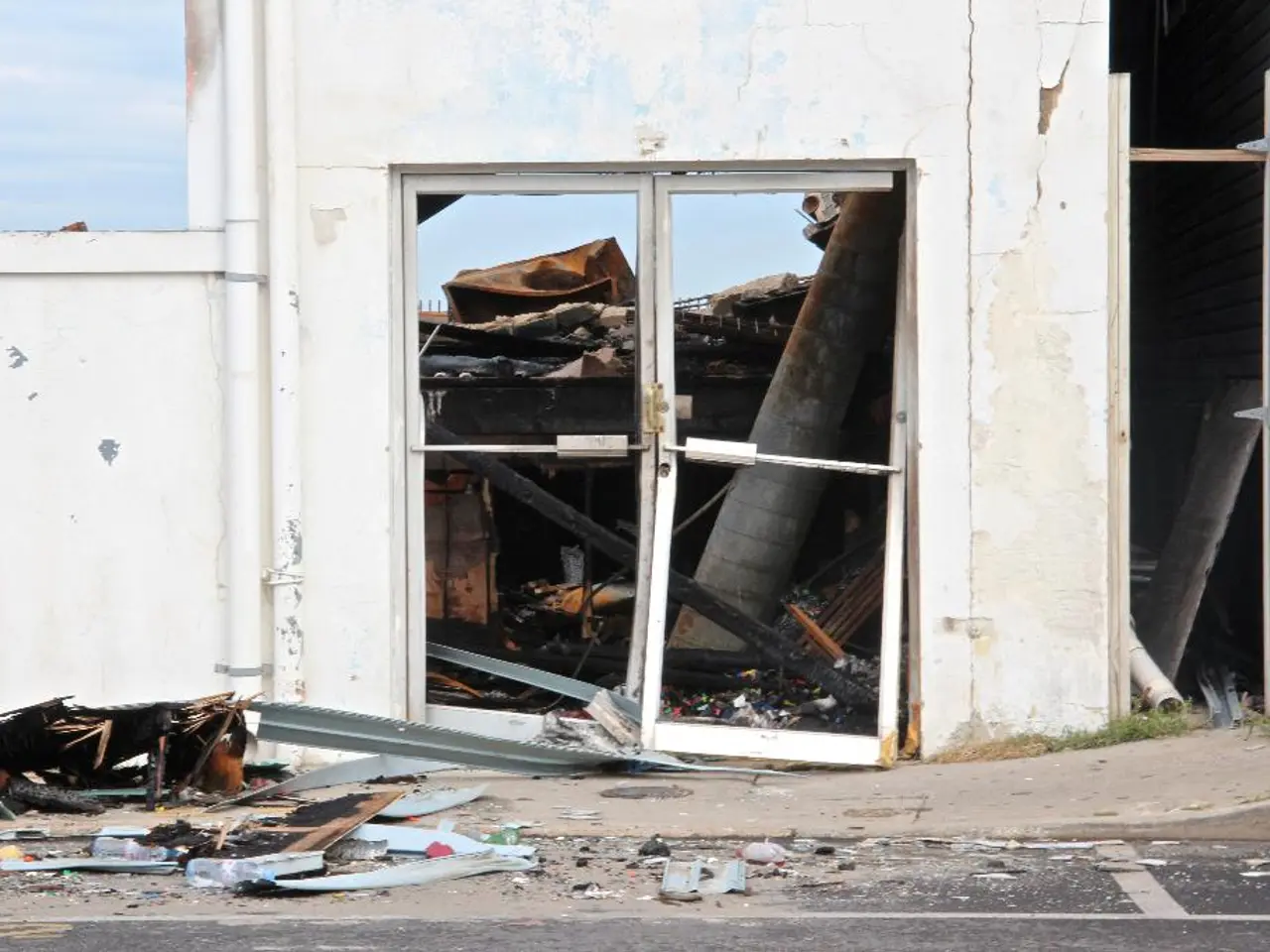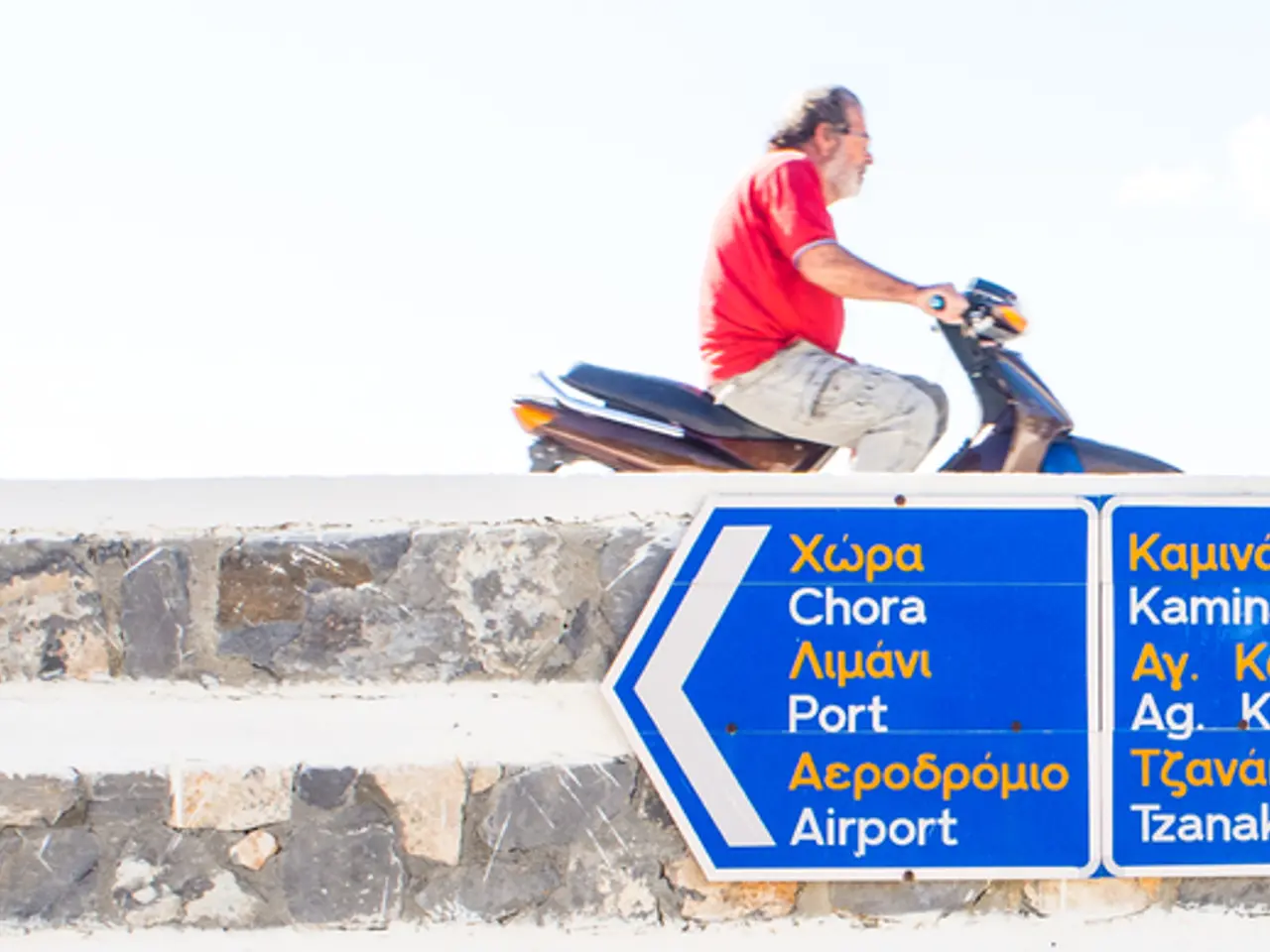"Civil society voices their feelings of exclusion as diplomatic discussions regarding the recognition of Palestine ensue"
In the ongoing quest for recognition, the State of Palestine is gaining support from various nations, with Portugal being one of the latest to join the ranks. However, Palestinian civil society organizations have expressed grave concerns and reservations about the proposed design of a potential State of Palestine.
These reservations stem from the stringent conditions that Palestinians are expected to meet, which seem highly asymmetrical compared to Israel's obligations. The conditions include a demand for a demilitarized state, the maintenance of a security system beneficial to all parties, and the development of good governance, transparency, and financial sustainability.
These conditions are particularly challenging given the ongoing war and structural conditions imposed by Israel. Palestinian civil society organizations fear that these conditions, if imposed, could result in a Palestinian state that resembles more of a humanitarian enclave than a sovereign entity.
Other concerns raised by these organizations focus on the ongoing Israeli military occupation and violence, which many human rights organizations liken to genocide or systematic destruction, especially in Gaza. The humanitarian crisis in Gaza has been worsened by blockade, starvation, and lack of aid, with tens of thousands, including vulnerable women and children, in critical conditions.
The Palestinian civil society also fears the potential exclusion of groups like Hamas from governance discussions, which complicates internal Palestinian unity and political representation. They emphasize the necessity of upholding international law, ending annexation, settlement expansion, and forced displacement as prerequisites for real statehood.
In addition, these organizations highlight the critical role of peacebuilding efforts led by grassroots actors, including women, who seek to challenge extremist narratives and foster coexistence despite extreme trauma and loss.
Discussions about the post-war period have started on the diplomatic stage, but the war in Gaza continues. The article does not provide any information about the current status of negotiations for the potential design of a Palestinian state.
In summary, Palestinian civil society organizations are deeply skeptical of a statehood model that demands disarmament, security coordination favouring Israeli interests, and institutional reforms in the midst of ongoing occupation, violence, and humanitarian disaster. They call for an approach focusing on real sovereignty, international law compliance, humanitarian relief, and inclusive political dialogue to address the root causes of the conflict.
This reflects the broader civil society view that the promise of Palestinian statehood currently "rings hollow" under conditions of ongoing war, occupation, and international diplomatic asymmetries. Palestinian civil society organizations feel unheard in the process of designing a potential Palestinian state.
- The international community's response to the growing support for the State of Palestine, including recognition by nations like Portugal, is being met with reservations by Palestinian civil society organizations, who express fears that the proposed design of a potential Palestinian state may result in a humanitarian enclave rather than a sovereign entity.
- The ongoing war and structural conditions imposed by Israel continue to pose significant challenges for the establishment of a demilitarized and self-sufficient Palestinian state, as demanded by international Politics, exacerbating the fear among Palestinian civil society organizations that the current approach to statehood may be disconnected from the realities of the conflict.







